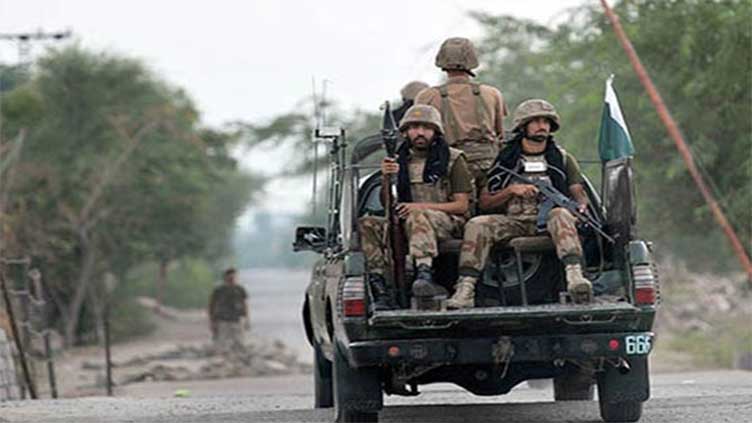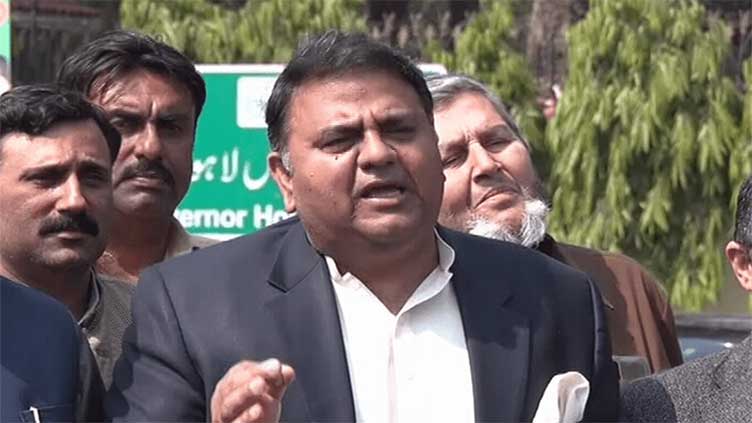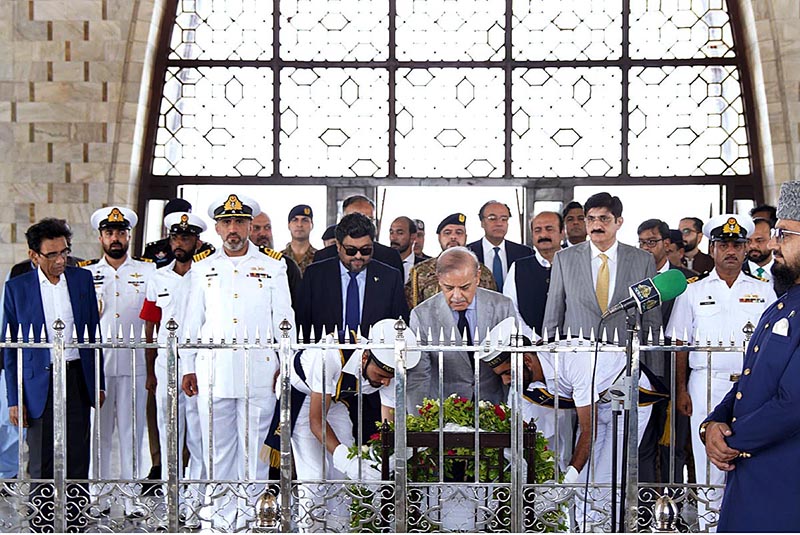The hijab ban was the stepping stone in a series of Islamophobic attacks in India. Comments by Bharatiya Janata Party (BJP) leaders on Prophet (PBUH) and the vicious attacks on Muslim protesters that followed reflect BJP’s anti-Islam propaganda.
However, is it only the government in India that is Islamophobic or do courts reflect the same sentiments?
It is no secret that the Indian authorities have adopted policies that systematically discriminate against Muslims. The prejudice and anti-Muslim agenda embedded in the BJP also echoes in judgements by the Indian courts.
Recently, the Karnataka High Court upheld a state government order that banned headscarves in classrooms. The Chief Justice Ritu Raj Awasthi of the Karnataka High Court said in the judgment that: “We are of the considered opinion that wearing of hijab by Muslim women does not form a part of essential religious practice.”
The judgment also stated that the government had the power to prescribe uniform guidelines.
Needless to say, this judgment was problematic in many ways. Firstly, this judgment exposes the realpolitik of India. For a country that calls itself “socialist”, “secular”, and “democratic”, the rise of Islamophobia in India says otherwise.
Under the BJP leadership, India has become one of the most dangerous countries for its minorities. The government seems to work tirelessly toward stripping Muslims of their fundamental rights and the Karnataka judgment is proof of this.
The judgment also violates several international human rights. Article 18 of the International Covenant on Civil and Political Rights (ICCPR) discusses the right to freedom of thought, conscience, and religion. In 1993, the United Nations Human Rights Committee (UNHRC), in its general comment No. 22, stated that “not only ceremonial acts but also such customs as the observance of dietary regulations, the wearing of distinctive clothing or head coverings” fall under the scope of this Article.
Like many other countries, India has ratified the convention therefore it has a legal obligation to respect this provision.
Back in 2020, France passed a law Act No. 2010-1192 that stated that no one may, in a public space, “wear any article of clothing intended to conceal the face.” Arguing that this law violated their right to express their religion, two women approached the UNHRC where two landmark decisions were given in Miriana Hebbadj v. France and Sonia Yaker v. France.
The Court held that the burqa ban was a violation of the right to freedom of religion under Article 18 of the ICCPR.
Therefore, by looking at the case law, it can be understood that the burqa and hijab are protected under Article 18 of the ICCPR thus the Karnataka High Court, by banning the hijab, violated international human rights law.
The Karnataka Court based its reasoning on three grounds; equality, fraternity, and public order. The judgment achieves the opposite of equality as it bans an extremely important element of the Islamic religion.
Furthermore, there is no substantial evidence that proves that hijab is a threat to public order that justifies an absolute ban. Wearing a hijab is an external manifestation of a woman’s religious beliefs.
In this case, the judges relied on the “essentiality test” in order to determine whether the hijab is essential or not. By deciding what is essential in religion, the judges are entering into a theological terrain. Judges all around the world, especially in non-Muslim countries tend to know very little about Islam.
Deciding on important questions such as the one posed in this case should only be decided by jurists or theologians who understand the religion and the court should have relied on their rulings.
Judges deciding such important matters can and unfortunately has led to dangerous circumstances.
Current India has become extremely dangerous for its minorities, especially Muslims. India under the right-wing BJP seems to be committed to targeting Muslims and the recent events in the country seem to be proof of this.
International forums should have taken notice of the hijab ban as a serious violation of the human rights of Muslims in India. By choosing to ignore this, the world paved the way for more serious attacks on Muslims.
The recent remarks by Nupur Sharma have exposed the true sentiments of the BJP government towards Muslims. The recent surge in violence should not go unnoticed and India should be held accountable for its actions.
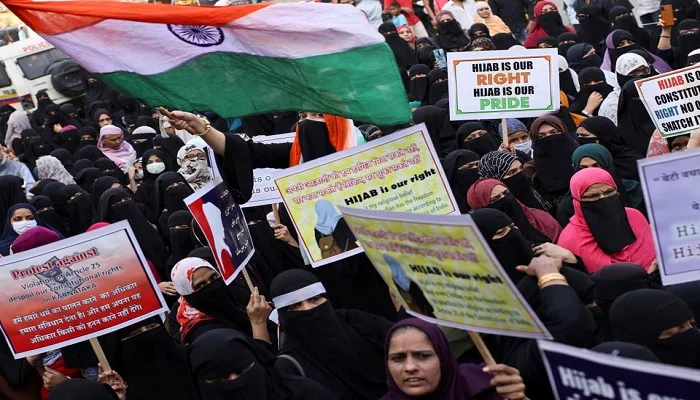
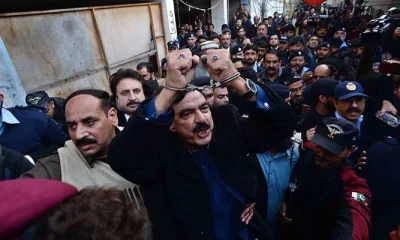
 Latest News19 hours ago
Latest News19 hours ago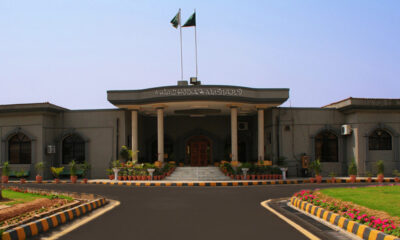
 Latest News2 days ago
Latest News2 days ago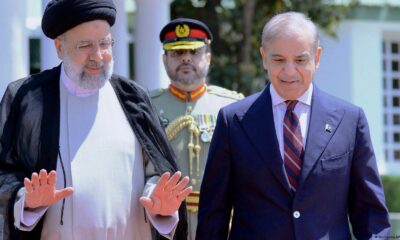
 Latest News19 hours ago
Latest News19 hours ago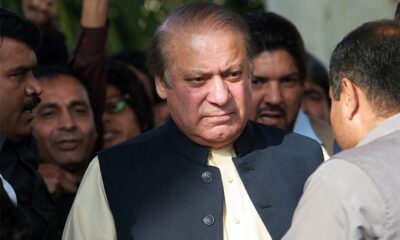
 Latest News2 days ago
Latest News2 days ago
 Latest News19 hours ago
Latest News19 hours ago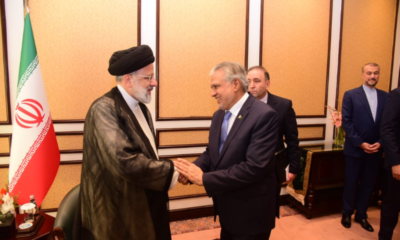
 Latest News3 days ago
Latest News3 days ago
 Latest News3 days ago
Latest News3 days ago
 Latest News3 days ago
Latest News3 days ago
